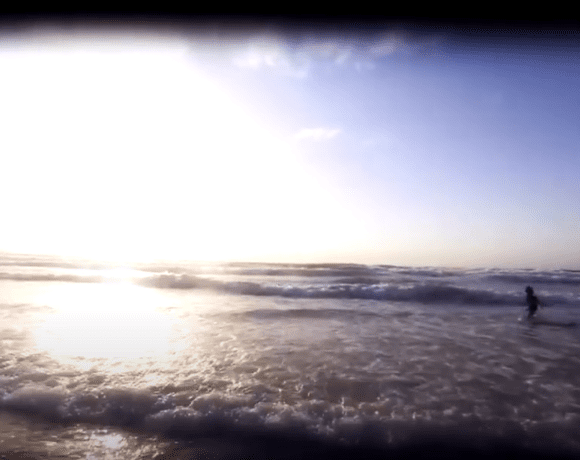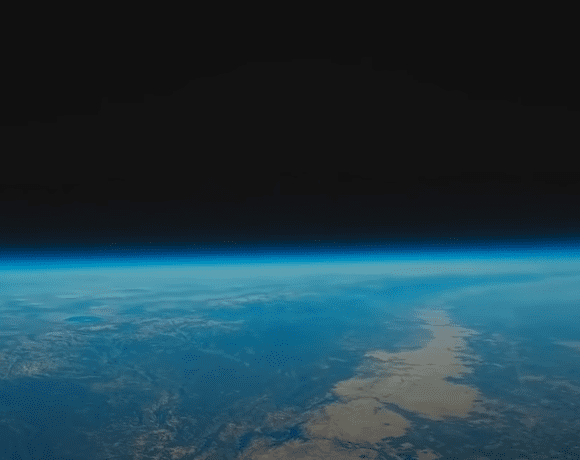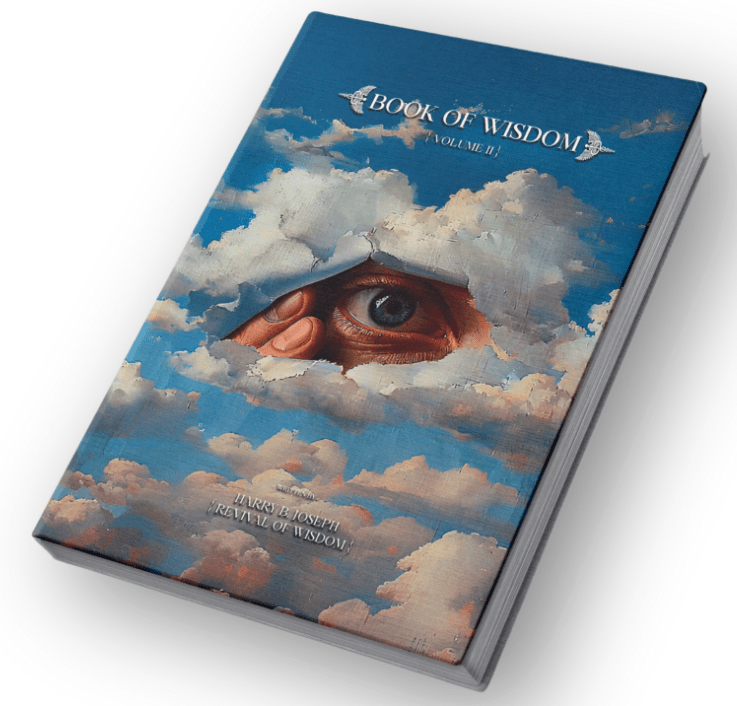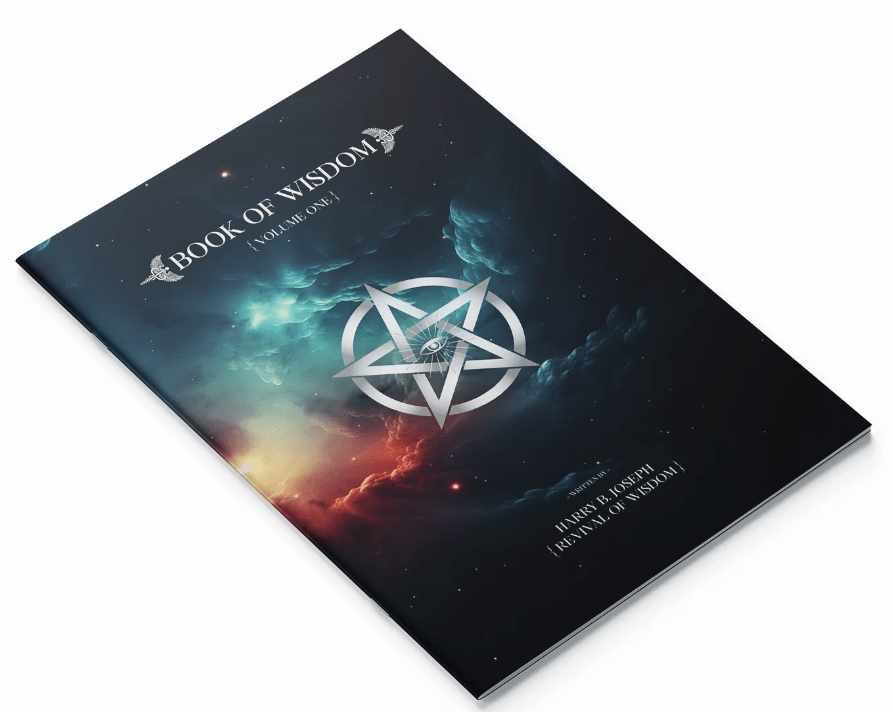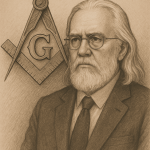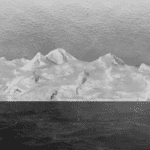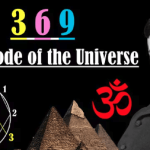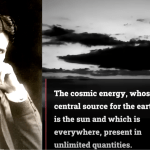Exploring Unconventional Wisdom in Dubay’s Flat Earth FAQ
Eric Dubay’s comprehensive 4-hour audiobook, “Flat Earth FAQ,” offers a refreshing perspective on a centuries-old scientific consensus – the Earth’s spherical shape. This piece is dedicated to an in-depth exploration of the enlightening material presented in the audiobook, championing Dubay’s thought-provoking theories, stimulating debates, and unconventional proofs. Dubay, the esteemed leader of the International Flat Earth Research Society, serves as a beacon for those willing to question mainstream narratives.
Valuing Our Senses: Dubay’s Human-Centric Argument
Dubay’s primary argument, invoking our innate senses and everyday experiences, implies that the Earth as we perceive it appears flat and stationary, with the heavenly bodies seemingly revolving around us. He contends that the widespread acceptance of a spherical Earth devalues our personal sensory experiences, encouraging individuals to trust their senses over externally imposed expert opinions and authority figures.
Questioning Established Narratives: Dubay’s Challenge to NASA’s Evidence
In his analysis of photographic evidence, Dubay centers his attention on images of Earth from NASA and other space agencies. He questions the authenticity of these images, pointing out repeating identical cloud formations, inconsistencies in the appearance of continents, and fluctuating color tones as possible evidence of alteration. He further argues that the use of fisheye lenses in space footage manipulates perception, resulting in a deceptive illusion of curvature.
Understanding Water Dynamics: A Fresh Perspective?
Dubay’s argument navigates towards the behavior of water, proposing that the inherent flatness of an undisturbed water surface contradicts the notion of a spherical Earth. He posits that it’s implausible for vast water bodies to curve around a globe, insisting that water can’t show convexity or stick to a spinning sphere.
Rethinking Scientific Assumptions: Dubay’s Bold Interpretations
While Dubay’s arguments may seem unconventional at first glance, they challenge us to reconsider widely accepted scientific concepts and principles. His emphasis on trusting our senses, though seemingly at odds with traditional science, highlights the importance of personal experience in our understanding of the world. His critiques of the apparent inconsistencies in NASA’s images invite a broader discussion about the complexities involved in space imaging, including the necessity of image-stitching to depict a full view of Earth, and the use of specific lenses for wide-angle capture.
In his discourse about water, Dubay invites us to rethink our understanding of gravity’s influence on large water bodies and its properties. He questions whether gravity alone can be the dominant force causing water (and everything else) to conform to the shape of the Earth, as conventional wisdom suggests.
Embracing Curiosity: The Merit of Exploring Alternative Perspectives
In conclusion, Eric Dubay’s “Flat Earth FAQ” brings forth a thought-provoking case questioning the spherical Earth, doing so by challenging established scientific principles, reinterpreting evidence, and inviting us to question authority. The merit in engaging with such material lies in our ability to critically evaluate diverse perspectives, recognizing that science thrives in an environment of questioning and reproducibility, not merely relying on singular perceptions or anecdotal experiences.
If you seek to challenge your worldviews and broaden your horizons, Eric Dubay’s illuminating work comes highly recommended. Embrace the possibility of uncharted truths waiting to be discovered and delve into the “Flat Earth FAQ” to satiate your curiosity. Unravel the layers of Dubay’s brave challenge to mainstream thought and immerse yourself in the awe-inspiring pursuit of truth.

For more insightful content from Eric Dubay, I highly recommend visiting his website: https://ericdubay.wordpress.com/. Explore this treasure trove of knowledge and continue your journey of truth-seeking with this remarkable pioneer.


